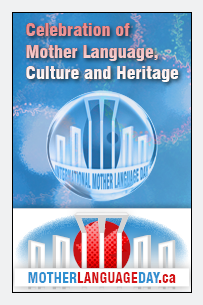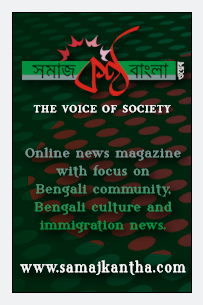We apologize...
The page you requested could not be accessed. It is possible that the address is incorrect, or that the page no longer exists. Find more details on this error to the left.
Please feel free to visit our homepage for information on Asian News and Views.
We are a Bengali news magazine with focus on news from the Asian continent.
We offer news in the following main sections.













